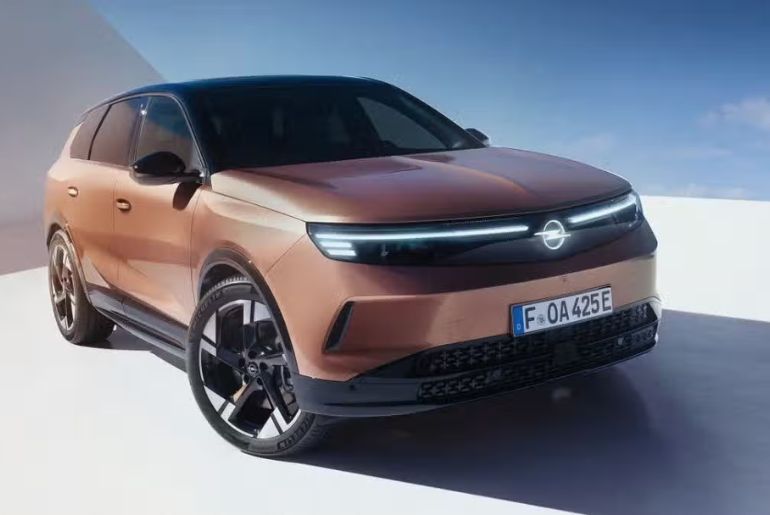German automaker Opel, part of Stellantis, has pushed back its ambitious goal of selling only battery-electric cars in Europe by 2028. Instead, the company will continue following Stellantis’ “multi-energy” strategy, offering electric, hybrid, and combustion engine options in response to evolving market conditions.
Opel had initially announced its full-electric transition in 2021 under then-CEO Michael Lohscheller, with the plan reaffirmed by successor Florian Huettl. However, the brand has now revised its target, citing slower-than-expected consumer adoption of electric vehicles in certain European markets.
“We are currently reviewing our plans and adapting them to the new conditions,” a spokesperson said. “Electrification is not progressing at the same pace in all markets. While we remain committed to decarbonisation, flexibility is essential.”
Opel highlighted uneven EV demand across Europe, noting strong momentum in France and the UK but weaker adoption in markets like Spain and Italy. Germany, meanwhile, has seen progress due to government incentives.
All Opel models today are offered with battery-electric options, but most remain based on Stellantis’ multi-energy platforms, which allow the production of EVs, hybrids, and combustion models. While this limits some design advantages of dedicated EV platforms, it provides greater flexibility to adapt to market needs.
Opel’s current EV portfolio includes the Corsa Electric, Mokka Electric, Grandland Electric, and the more affordable Frontera Electric, priced under €30,000. The company is preparing for key launches, including the next-generation Corsa on the STLA Small platform in 2027 and the Astra on STLA Medium in 2028.
Despite the delay, Opel maintains that its long-term commitment to electrification and decarbonisation remains unchanged, framing the adjustment as a matter of timing rather than direction.

